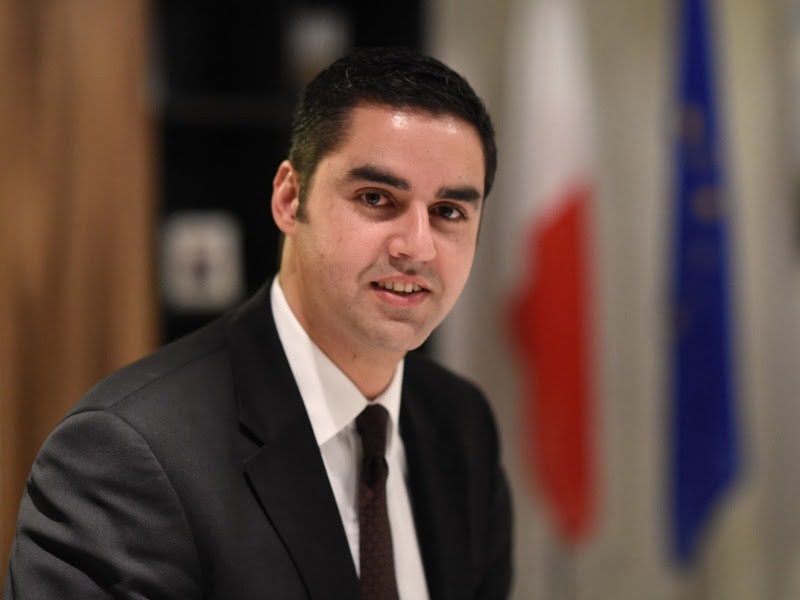Blockchain company Omnitude, which partnered with the Maltese government to enhance the public transport services, is now ceasing operations after claiming that the company was misled by the authorities about funding.
In a press statement issued on 5 January, Omnitude announced that they would cease operations due to a delay in receiving the promised funding from their partners. It not yet clear which project has been delayed as CEO and company founder Chris Painter struggled to keep up with the questions sent in by upset token holders in the blockchain company’s community channel.
“I feel like we have been seriously and continuously misled for the past year by the funding, despite having signed contracts and constant assurances and we are now too far in to make alternative arrangements,” Painter said.
After the announcement, the community channel was flooded with questions by upset token holders who asked whether there were any plans for the future, or if the terms of the funding had been agreed upon, among other things. Painter attempted to reply but pointed out that he was still finding answers for the “backlog of questions”.
He told the community that Omnitude would continue its business with the new partner, depending upon the availability of funds, but stated there “isn’t any investment appetite for blockchain”.

CEO Chris Painter is answering concerned token holders after the shut down of Omnitude was announced
On 17 May 2018, Transport Minister Ian Borg had announced the partnership between the government and Omnitude in a press statement, describing it as a deal that will see blockchain technology implemented in the operations of the Public Transport Service.
Borg has said the company would start developing a transport and logistics platform using its blockchain middleware technology. “It will form a cornerstone technology platform as part of our commitment to drive forward innovation. It will improve the quality of life and enhance access to information for Maltese citizens”.
Borg had also promised that blockchain technology would transform different sectors in Malta.

Minister Ian Borg announced the partnership in May 2018 and has not spoken about the project since.
The day after Borg’s announcement, Painter had issued a statement saying that “Malta is an extremely progressive government” and that they were “excited about the potential of this partnership”. The government was described as one which “has welcomed all crypto-related projects with open arms without putting stringent regulation”.
Following this statement, little to none has been said from either side about the partnership. Now, Omnitude has closed its doors.
Malta adopted the “Blockchain Island” moniker in a bid to attract companies operating in the Bitcoin and other cryptocurrencies space. Shortly after, the EU was urged to implement common regulations on cryptocurrencies and scrutinise how new digital units are distributed to investors, and subsequently traded, to control risks and exploit the potential of the industry.
The market’s high volatility and the risk of fraud and money laundering in the blockchain industry has for long been a concern for the EU as Europol has warned that criminals are using cryptocurrencies to launder as much as $5.5 billion in illegal money.












